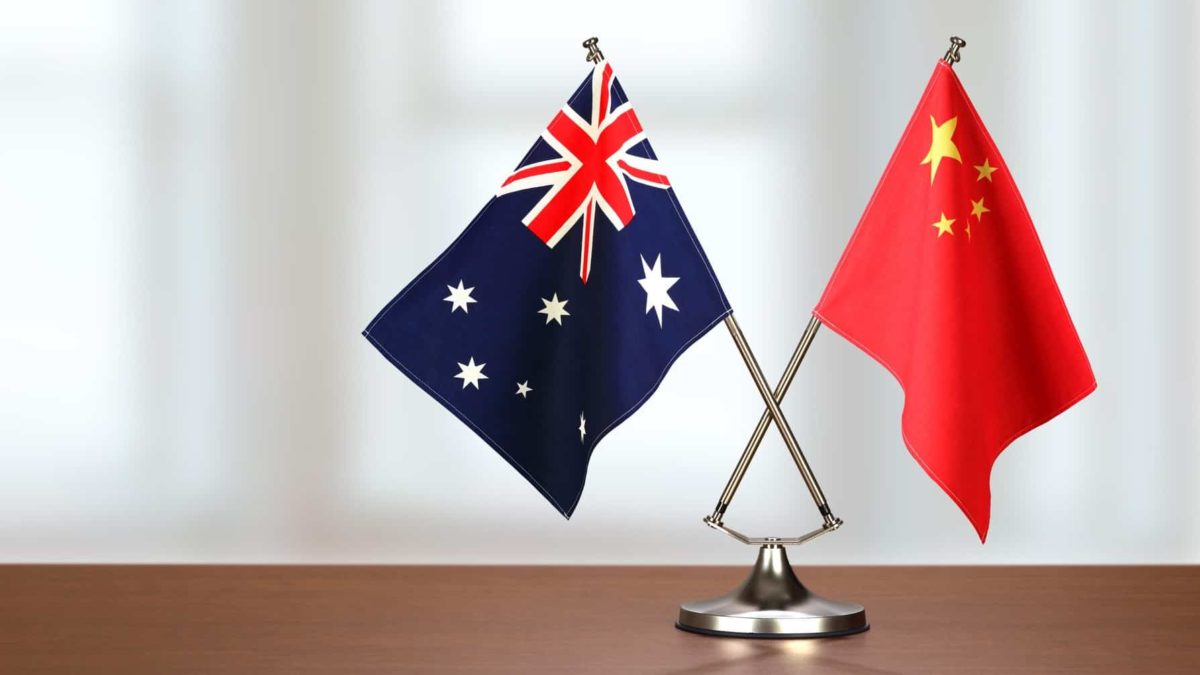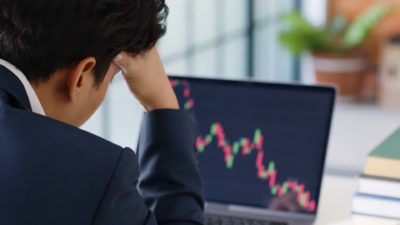One of the most dominant economic issues Australia faced last year (outside of the coronavirus pandemic, of course) was the significant deterioration in Sino-Australian relations.
As one of our biggest export markets, China's economic relationship is an important one. We all remember the narrative of how Chinese demand for our commodities 'saved' us from the ravages of the global financial crisis more than a decade ago. Indeed, it's likely that this relationship was instrumental in keeping Australia from plunging into an official recession when almost every other country in the world did.
But, a decade later, how things have changed.
Sino-Australian relations are arguably at their lowest point in a generation. When the Australian government called for a formal enquiry into the origins of the coronavirus last year, China's reaction was one of hostility.
The country quickly ramped up economic relations, which evolved into effectively banning imports of barley, wine and other valuable exports. Recent developments, including the 'list of 14 demands' and the infamous tweet of a fabricated photo of an Australian soldier performing war crimes, have not helped a potential thaw.
And some ASX companies have the scars to prove it. Treasury Wine Estates Ltd (ASX: TWE) saw its share price crater more than 41% in 2020, almost solely due to Chinese trade barriers on its wines.
It's arguable that if things continue down this path, it could further damage the Australian economy (and ASX shares as a result). China remains one of our largest trading partners, after all. And the legendary Chinese demand for Australian coal and iron ore continues… for now at least.
Is the US part of the problem?
Part of the problem could be the interwoven relationships between Australia, China and the United States. It's no secret that under the now-previous Trump administration, there was open hostility toward China.
Indeed, former President Trump made 'China rips us off' one of his central economic platforms in the 2016 election campaign.
This was followed up by the infamous 'trade wars', where both countries levied massive tariffs on imports of goods. This was (very) partially resolved at the end of 2019 with the 'Phase One' deal. But with the outbreak of the pandemic, all bets were off as Trump decried the 'China virus'.
According to a report in the Australian Financial Review (AFR), this did nothing to help Australia. China views Australia as an unequivocal backer and ally of the United States, and so perhaps, in their eyes, whatever America is complicit in, Australia is too. The report calls this "feed[ing] more Chinese suspicions about the West ganging up on it". A report from the ABC last year goes further. It quotes Chinese state media as calling Australia a "giant kangaroo which acts as the dog of the United States".
But, the Trump administration is no more. China delivered a final goodbye by imposing sanctions on the former secretary of state Mike Pompeo on his first day out of office. No guesses as to how China's feeling on that note.
So will the new Biden administration help Australia turn a page on its own frosty relationship with China? Perhaps help mend the broken fences in the two countries trade relations? Help Treasury shareholders sleep well at night?
Will the great Australia-China wall fall?
According to a report from the BBC, the new president looks set to engage a more multilateral approach to China, rather than a Trump-style "unabashedly isolationist one".
However, it's worth noting that a 'tough on China' policy has a lot of bipartisan support in the US. We could see a gradual thawing, but the BBC report suggests that this will deliver incremental improvements at best for the relationship.
That might not deliver Australia too much goodwill from China, at least for a while. The AFR report also quotes Dennis Richardson, former Department of Foreign Affairs and Trade secretary, who recently stated: "Australia will probably be in China's 'dog house' for at least two more years".
That doesn't sound like it will lead to a good night's sleep for Treasury shareholders anytime soon.









